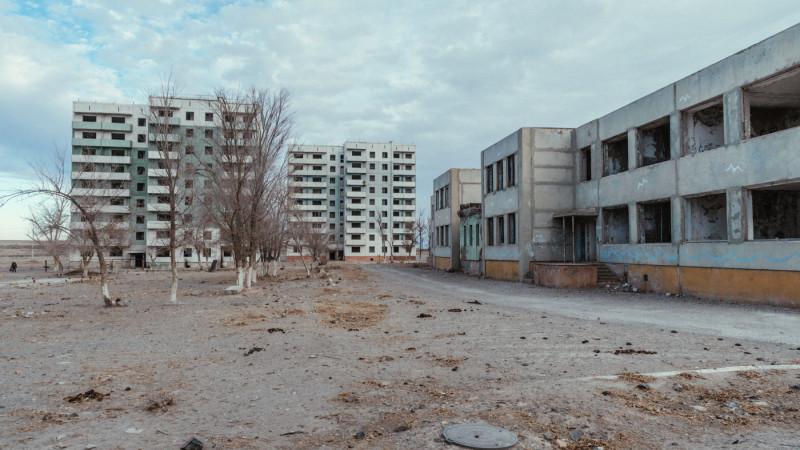 An International Atomic Energy Agency (IAEA) Site & External Events Design (SEED) team of experts has concluded a safety review of Kazakhstan’s process for selecting the site of its first planned NPP. IAEA noted that the Kazakhstan Ministry of Energy had proposed the reintroduction of nuclear power to diversify the energy mix and reduce CO2 emissions.
An International Atomic Energy Agency (IAEA) Site & External Events Design (SEED) team of experts has concluded a safety review of Kazakhstan’s process for selecting the site of its first planned NPP. IAEA noted that the Kazakhstan Ministry of Energy had proposed the reintroduction of nuclear power to diversify the energy mix and reduce CO2 emissions.
In May 2022, Kazakhstan chose the area in the vicinity of Ulken village as the preferred region to construct its first NPP, with Kurchatov as a back-up region, following the closure of the BN-350 fast-neutron reactor in Aktau in 1999. Kazakhstan’s Government had requested the SEED mission to assess the process for making the site decision. SEED missions do not assess the actual site chosen, but the appropriate consideration of the safety issues in the site selection process.
The five-day SEED mission was hosted by the Kazakhstan Nuclear Power Plant (KNPP). Kazakhstan previously hosted an Integrated Nuclear Infrastructure Review (INIR) mission in March 2023, which assessed the status of national infrastructure for the introduction of nuclear power.
The objective of the SEED review mission was to support Kazakhstan in finalising its Prefeasibility Study Report (PFR), on the basis of applicable IAEA safety standards. The review focused on the quality of data in the site selection report and data collection methods, the appropriateness of the site selection process, and hazard modelling, with reference to the construction of two units at a selected site.
The mission team, comprising experts from Türkiye and the UK and two IAEA staff, reviewed the PFR and conducted interviews with representatives of relevant technical agencies. The team also travelled to the proposed sites in the Ulken region and to meteorological and seismic monitoring stations in the vicinity of the site.
“The involvement of all national authorities and organisations, the regulator and the competent Ministries was welcome,” said Paolo Contri, Team Leader for the review and Head of the External Events Safety Section in the IAEA Department of Nuclear Safety & Security. “It was seen by the team as the best guarantee of success for the project with emphasis on the safety of workers, public and environment.”
On the basis of the available data, a site visit and discussions with KNPP during the mission, the IAEA team found no definitive evidence of safety related issues associated with exclusion criteria (typically fault capability, ground collapse, feasibility of emergency planning, etc.) which may suggest the unsuitability of both the proposed regions and sites within them (in Ulken and Kurchatov regions, respectively). The team suggested KNPP should carry out a limited additional data collection campaign to minimize the generic risk that potential safety issues might surface at later stage.
“The decision to embark on the development of nuclear energy is a momentous one, and it underscores our nation's commitment to diversify our energy resources while upholding the highest standards of safety and environmental responsibility”, said Gumar Sergazin, Director of the Department of Atomic Energy & Industry. “I am confident that the outcomes of this SEED will not only contribute to the safety and sustainability of our nuclear energy program but will also further strengthen the bonds of cooperation and trust among all stakeholders involved.”
The final mission report will be delivered to the Kazakh Government within three months.
Image: Ulken village, the preferred site for construct of Kazakhstan's first nuclear power plant



